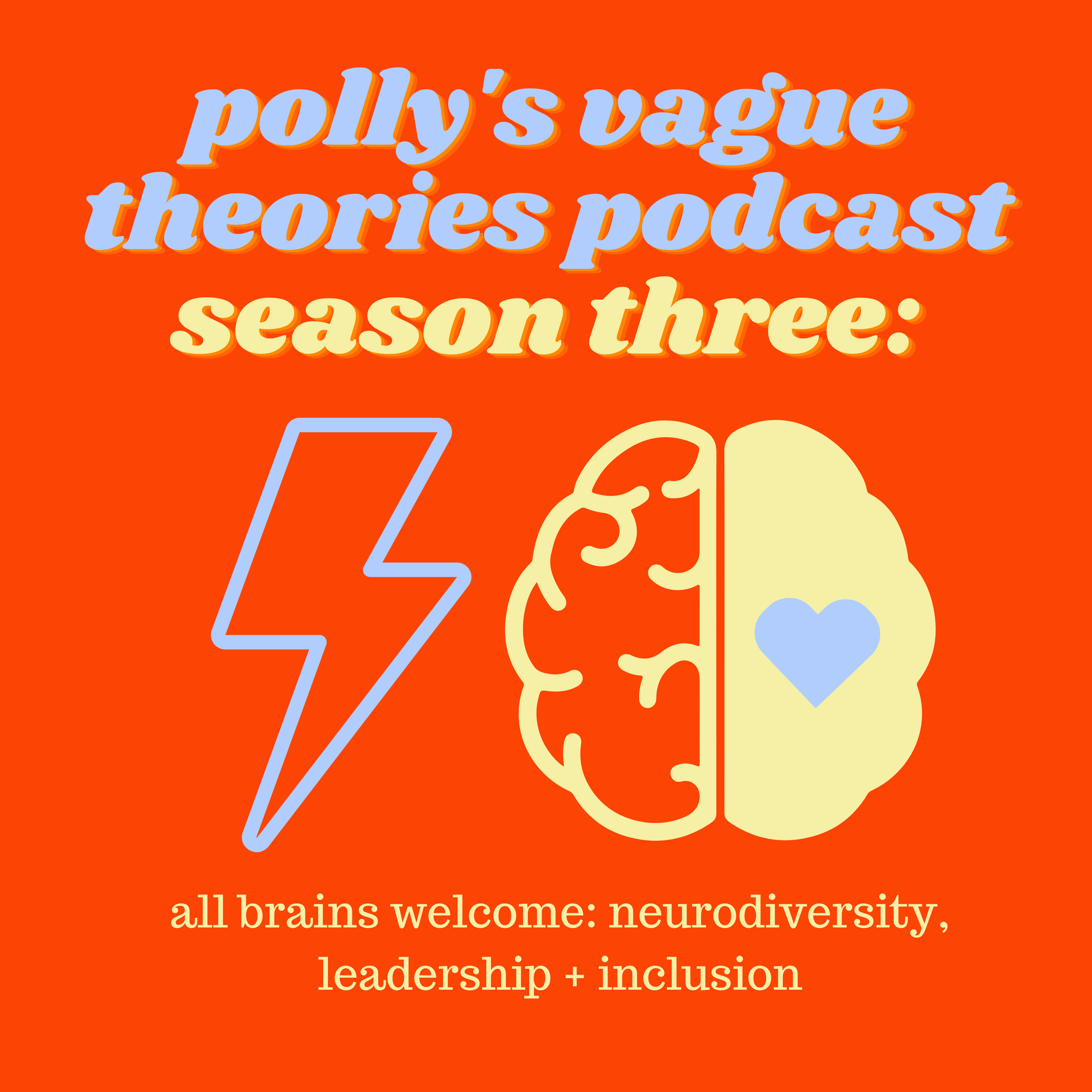Explore our DISCO TRACKS
all the things we are reading, listening, watching and talking about
☆ let’s dive in ↓

What alignment is – and what it isn’t
Alignment is one of those buzzwords that gets thrown around a lot in organisations, but it’s often misunderstood. So, let’s get clear on what alignment really is – and what it definitely isn’t.

Why alignment is critical for organisational success
It’s a hard market out there with fierce competition, global and economic events creating an ever-changing landscape, and problems moving from technical and logical in nature to complex and downright chaotic. And that’s before we even get to internal challenges like infighting, silos, and unproductive cultures.
However, when an organisation is in sync, from the boardroom to the frontlines, everything flows towards the desired destination. Decisions get made faster and more effectively, teams pull together, and the entire organisation becomes greater than the sum of its parts.


Step change and the sweet spot for growth
As I’m writing playbooks and training material for clients, I keep coming back to this question: where’s the sweet spot for growth and stretch?
We all know that mindset and behaviour change don’t happen overnight. It’s a process—one that requires clarity, consistency, and modelling. When leaders embody the desired state in a way that’s natural and authentic (not performative or patronising), it becomes a living example for others to follow.
But what happens when the gap between where people are and where they need to be feels enormous? Too big, too hard, overwhelming—so much so that people think, “Why bother?”
Let’s break the process down.

Critical Competencies For High-performing Cultures
Reflecting on her work in conflict, culture and leadership development what Rikki Mawad sees are some of the critical human competencies we need to build connected, high-performing cultures. In the past we’ve always differentiated soft and hard skills for leading ourselves, others and organisations well – but we should start thinking about some of the core human competencies that help take us from functioning to flourishing.

Neurobiology of self-leadership – who we are is how we lead
The neurobiology of self-leadership is rooted in understanding how our body and brain respond to stress and connection so we can get the optimal contexts for individuals and collective culture to thrive. Leaders who are aware of their autonomic nervous system and can regulate it effectively are better equipped to lead themselves and others from a place of calm, compassion, and accountability. In a complex and often chaotic world, leading from a state of connection rather than survival is key to fostering healthy, productive organisational cultures.

Futures Archetypes by DISCO
With Futures Archetypes by DISCO you can ensure your organisation not only navigates transformation, but thrives through deliberate, human-centered approaches, stretching towards possible futures, and integrates the systems to support it all.

Shaping 2030
Traditional approaches to long-term planning, based on linear thinking and market projections, are no longer sufficient. Futures thinking offers a new paradigm for engaging with this uncertainty, focusing on envisioning multiple potential futures and equipping leaders with the ability to adapt, innovate, and thrive.

Slow change transformation: stabilisation and human flourishing in the workplace
In today's fast-paced, ever-evolving business environment, most discussions around organisational transformation focus on readiness for everything, adaptation, and rapid and continuous change. However, an emerging and equally important strategy involves what can be called "slow-change transformation." This approach centres on stabilising the existing organisational system and prioritising human flourishing over constant upheaval.

Flourishing in a merger: how to integrate not annihilate culture
Mergers bring immense potential for growth and innovation. But they also pose a significant challenge: aligning two distinct corporate cultures who have their own history, loyalties, quirks and collective nervous system. When cultures clash, team morale, productivity, trust and connection suffers, often in ways that dramatically reduces the gains the merger could bring.

Futures heroes
“Tomorrow belongs to those who can hear it coming.” - David Bowie
Futures work has so much potential to support long term outcomes for our businesses, communities, industry and our state. But there are a few tips that you need to consider before you choose how you engage in futures work.

Leading and learning with immersion
Learn all about the science of immersion, the research practitioner Dr Paul Zak's work and how DISCO are utilising whole person flourishing to learn and lead.

The power of SHAPE’S flourishing data insights
Discover the power of SHAPE's flourishing data insights.

DisCo Launch in the news!
DISCO co-founders featured in the Weekend Tasmanian after their epic launch.

Polly’s vague theories podcast
If you want to get some deeper insight into neurotypes and people's cognitive diversity experiences in the workplace - good and not so supportive, Co-CEO and Chief Culture Human Dr Polly has a podcast series featuring a range of leaders and their journey with neurodivergence - have a listen!

The book of flourishing
Want to know more about flourishing and why it matters? Our partners at SHAPE wrote a little book all about it.


